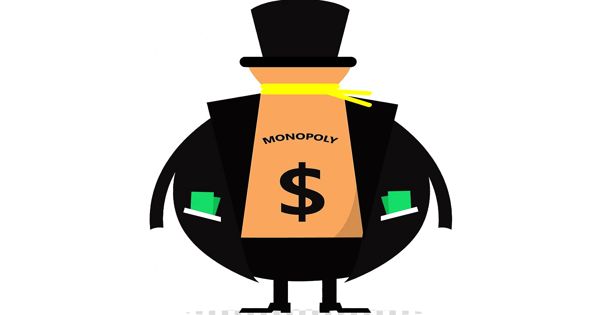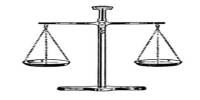Government Monopoly is a situation in which the government owns and controls a particular industry and there is no competition. In economics, a government monopoly (or public monopoly) is a form of coercive monopoly in which a government agency or government corporation is the sole provider of a particular good or service, and competition is prohibited by law.
A government monopoly may be run by any level of government – national, regional, local; for levels below the national, it is a local monopoly.
Government monopoly of communications is incompatible with e-commerce. It is a monopoly created by the government. It is usually distinguished from a government-granted monopoly, where the government grants a monopoly to a private individual or company. The government may wish to regulate monopolies to protect the interests of consumers. For example, monopolies have the market power to set prices higher than in competitive markets.
The government can regulate monopolies through:
- Price capping – limiting price increases
- Regulation of mergers
- Breaking up monopolies
- Investigations into cartels and unfair practices
- Nationalization – government ownership.
This monopoly may be run by any level of government – national, regional, local; for levels below the national, it is a local monopoly. It is the exclusive control of the market supply of a product or service by the government.
Why the Government regulates monopolies
- Prevent excess prices: Without government regulation, monopolies could put prices above the competitive equilibrium.
- Quality of service: If a firm has a monopoly over the provision of a particular service, it may have little incentive to offer a good quality service.
- Monopsony power: A firm with monopoly selling power may also be in a position to exploit monopsony buying power.
- Promote competition: In some industries, it is possible to encourage competition, and therefore there will be less need for government regulation.
The term state monopoly usually means a government monopoly run by the national government, although it may also refer to monopolies run by private entities yet protected or sanctioned by the state government.
















